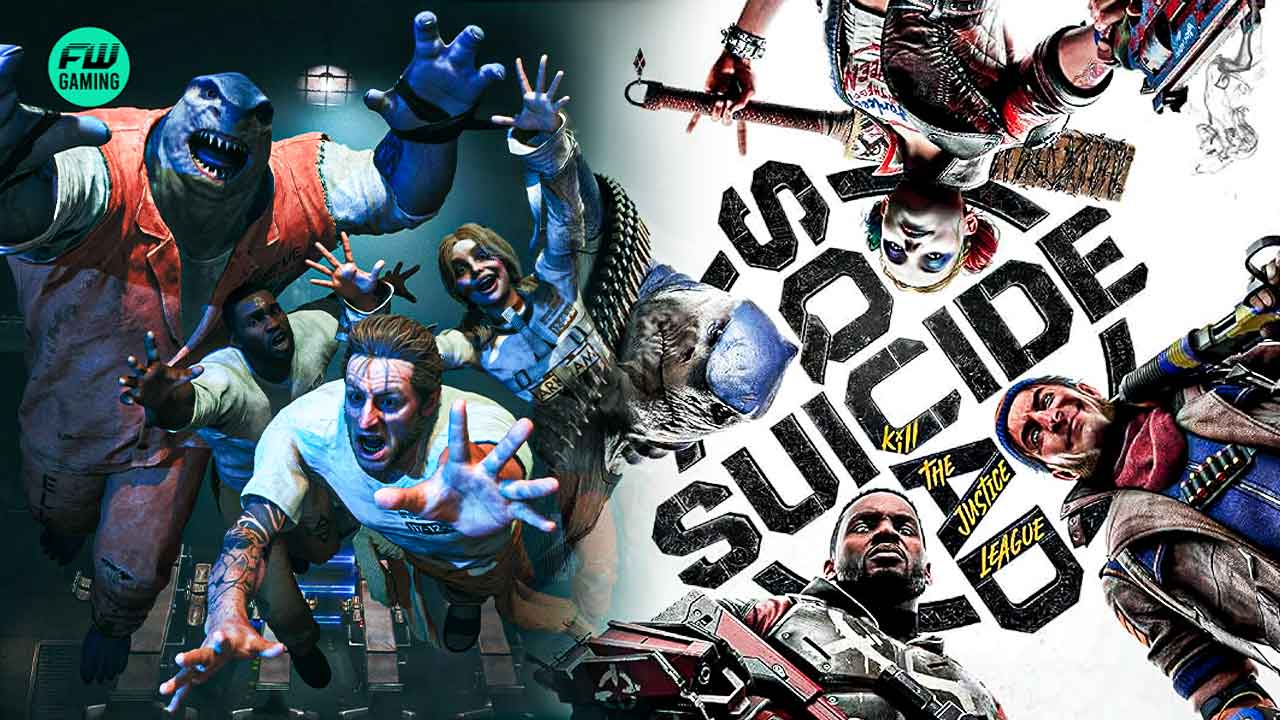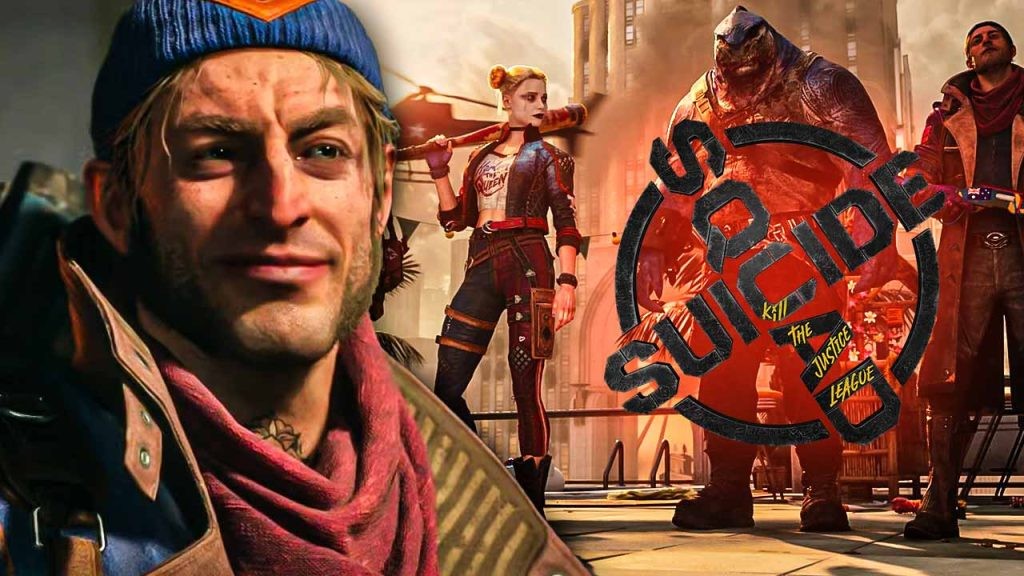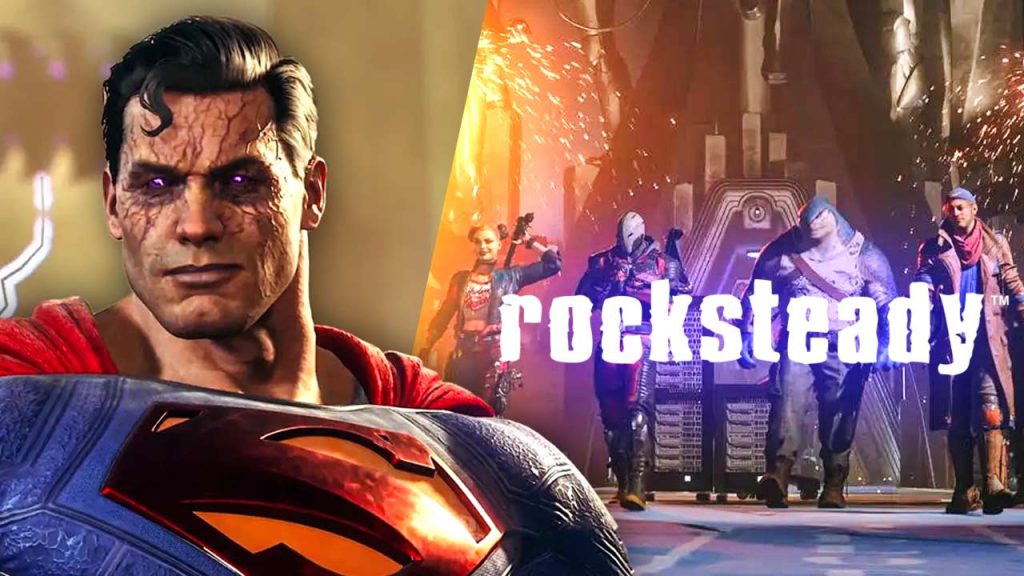Rocksteady Studios, the game developer known for the acclaimed Batman: Arkham series, faced a ton of issues leading to the flop of their latest project, Suicide Squad: Kill the Justice League.
The problems weren’t just about the troubled launch, they ran much deeper. Secrecy around the project, development bottlenecks, and new hires being kept in the dark were just a few of the many issues that led to the game’s failure.
Shifting Visions and Development Bottlenecks of Suicide Squad: Kill the Justice League
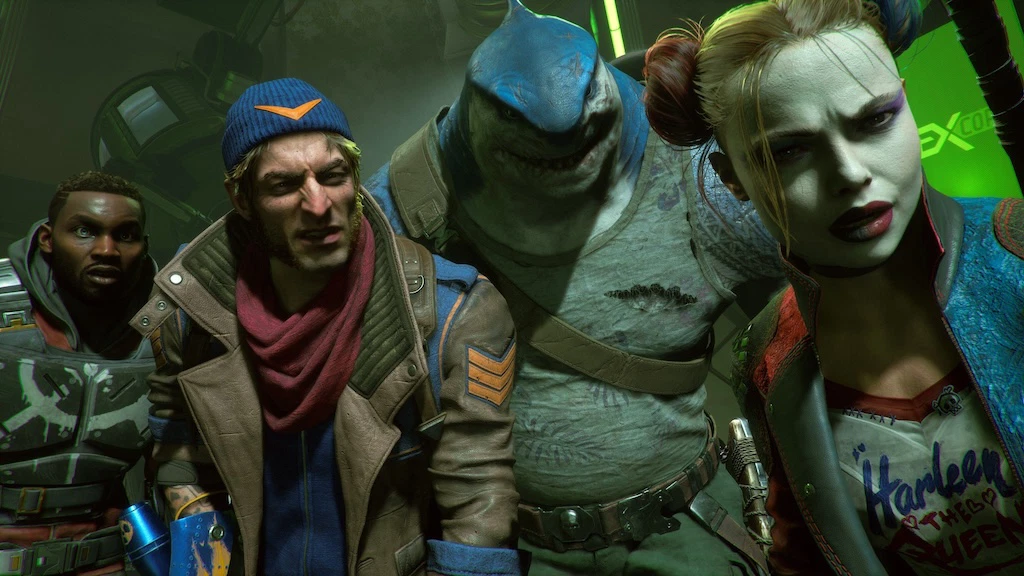
A new report from Bloomberg has revealed a lot about what went on behind the scenes during the nine years of development for Suicide Squad: Kill the Justice League. From the beginning, the studio kept a tight lid on what they were working on. This secrecy extended even to new hires, who had no idea they would be working on a multiplayer game.
Many new employees joined the studio, excited by the prospect of contributing to what they thought would be another single-player, story-driven masterpiece like the Arkham games. However, upon discovering they would be working on a multiplayer game instead, plenty chose to leave.
This secrecy was pretty frustrating and detrimental to the final product.
By the time they were brought up to speed, they often found themselves disillusioned with the project and its multiplayer ambitions. The constant churn of employees meant that the team was always in a state of flux, which made it hard to maintain a cohesive vision and direction for the game.
Over time, the vision for the game kept changing. What started as one type of game kept morphing into something else. The game leads at the studio couldn’t seem to settle on a style, switching from one game type to another. This lack of a clear, consistent vision caused confusion and frustration among the staff. Developers were often left working on features and systems that would later be scrapped, wasting several months of time and resources.
Loose Management by the Game Leads Led to a Mess of Game
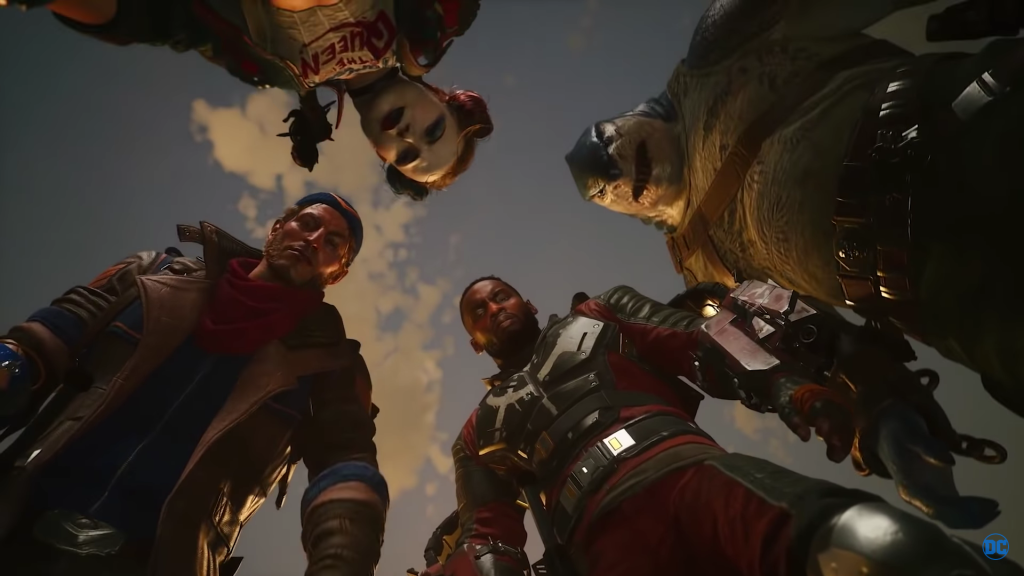
One of the biggest issues was the influence of Sefton Hill, one of the studio’s co-founders. Known as a perfectionist, Hill’s insistence on micromanaging every detail caused severe delays. Staff members often had to wait weeks or even months for Hill to review and approve their work. This bottleneck meant that progress was painfully slow. The constant back-and-forth with Hill not only delayed development but also demoralized the team.
Hill’s perfectionism meant that the game’s development was stuck in a cycle of constant revisions. Instead of making steady progress, the team found themselves reworking the same elements over and over. This repetitive cycle drained the team’s morale and hindered their ability to innovate and push forward.
The fallout from the failure of Suicide Squad: Kill the Justice League has been significant. Warner Bros. lost $200 million, and its poor reception has been disappointing for the gaming industry. The issues faced by the studio serve as a cautionary tale for other developers trying to make another live-service game, instead of sticking to what they’re known for.
Are you hopeful that Rocksteady can return to its roots? Let us know in the comments.

